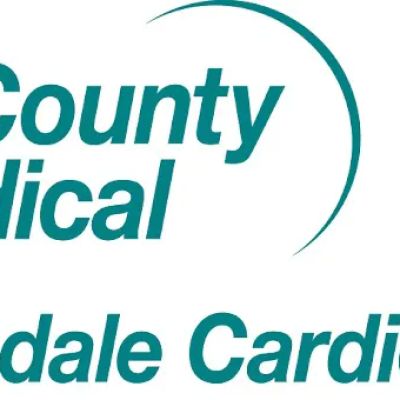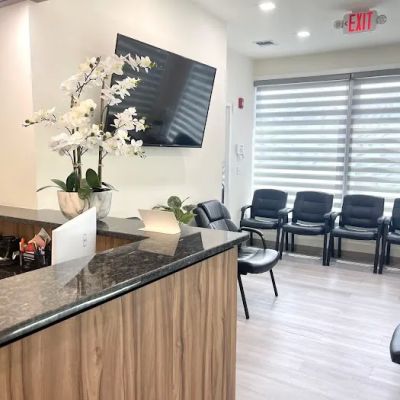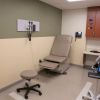The Critical Role of Cardiologists in Managing Heart Attacks
- 1. The Role of Cardiologists in Heart Attack Care
- 2. Diagnosis and Treatment Approaches
- 3. Prevention and Post-Attack Recovery
- 4. Real-Life Case Studies and Insights
- 5. Take Control of Your Heart Health
1. The Role of Cardiologists in Heart Attack Care
Cardiologists are healthcare professionals who specialize in diagnosing and treating heart diseases, including heart attacks. They are pivotal in providing immediate care during a heart attack, ensuring timely intervention to minimize damage to the heart muscle. Cardiologists not only handle acute episodes but also work on long-term heart health management.
Heart attack management involves a combination of expertise in advanced diagnostic tools, quick decision-making in emergencies, and detailed recovery planning. Cardiologists utilize a range of treatments such as angioplasty, stenting, and medication to stabilize patients and reduce the risk of further heart-related issues.
2. Diagnosis and Treatment Approaches
When a patient experiences chest pain or discomfort, cardiologists use a variety of diagnostic tests to confirm a heart attack. These include electrocardiograms (ECG), blood tests, and imaging techniques like echocardiograms. Early diagnosis allows for quick intervention, which can save lives and prevent further complications.
For those diagnosed with a heart attack, immediate treatment can include thrombolytic therapy, angioplasty, and the insertion of stents to restore blood flow to the heart. Cardiologists also prescribe medications to manage blood pressure, cholesterol levels, and prevent blood clots, playing an integral part in the patient's recovery journey.
3. Prevention and Post-Attack Recovery
Prevention is another critical aspect of cardiology. Cardiologists emphasize lifestyle changes such as healthier eating habits, regular exercise, smoking cessation, and managing stress. These proactive measures can significantly reduce the risk of a heart attack.
For patients recovering from a heart attack, cardiologists provide rehabilitation programs that include gradual physical activity, counseling, and continuous monitoring of heart health. These programs help patients regain strength and return to their normal lives while minimizing the risk of another heart attack.
4. Real-Life Case Studies and Insights
Consider the case of John, a 55-year-old who suffered a heart attack due to a combination of high cholesterol and stress. After immediate care from his cardiologist, including angioplasty and medication, he was able to make a full recovery. John’s cardiologist also worked with him on a long-term lifestyle plan to avoid future heart issues.
This case highlights the importance of a cardiologist’s role not just during the heart attack, but in the ongoing management of heart health. Cardiologists are not just emergency responders; they are lifelong partners in maintaining cardiovascular health.
5. Take Control of Your Heart Health
Your heart health is in your hands, but the right cardiologist can make all the difference. If you’re experiencing chest pain or other heart-related symptoms, it’s important to consult a cardiologist immediately. Regular check-ups and screenings can prevent heart attacks and other cardiovascular issues from taking you by surprise.
If you want to protect your heart and ensure long-term health, consider scheduling a consultation with a trusted cardiologist today. Don’t wait for the signs—take proactive steps now to secure your future heart health.





















